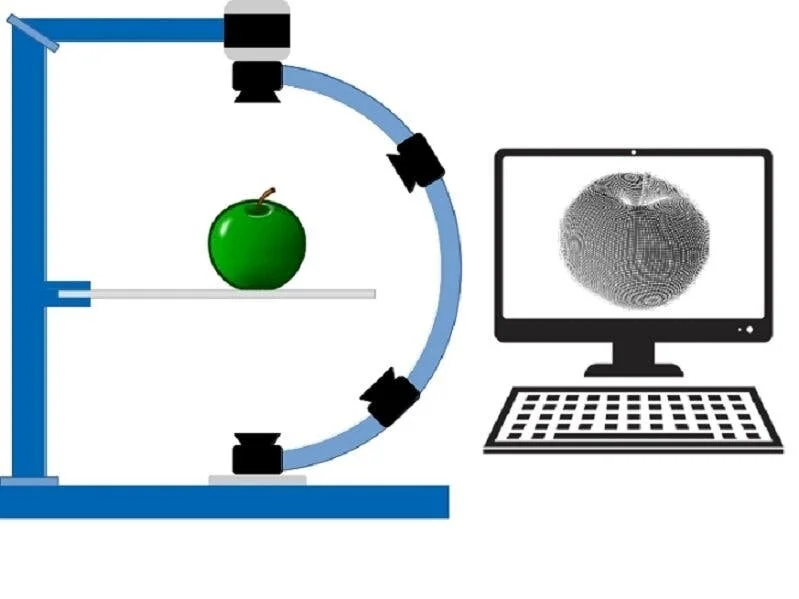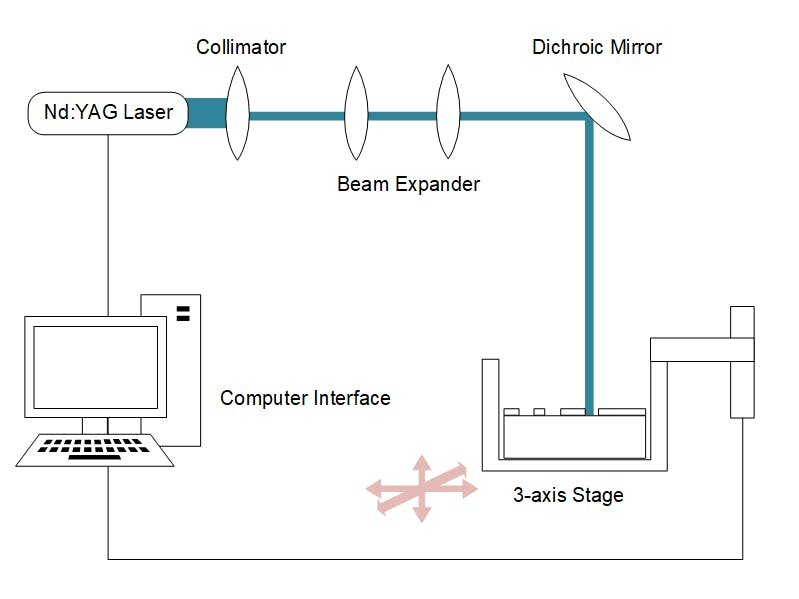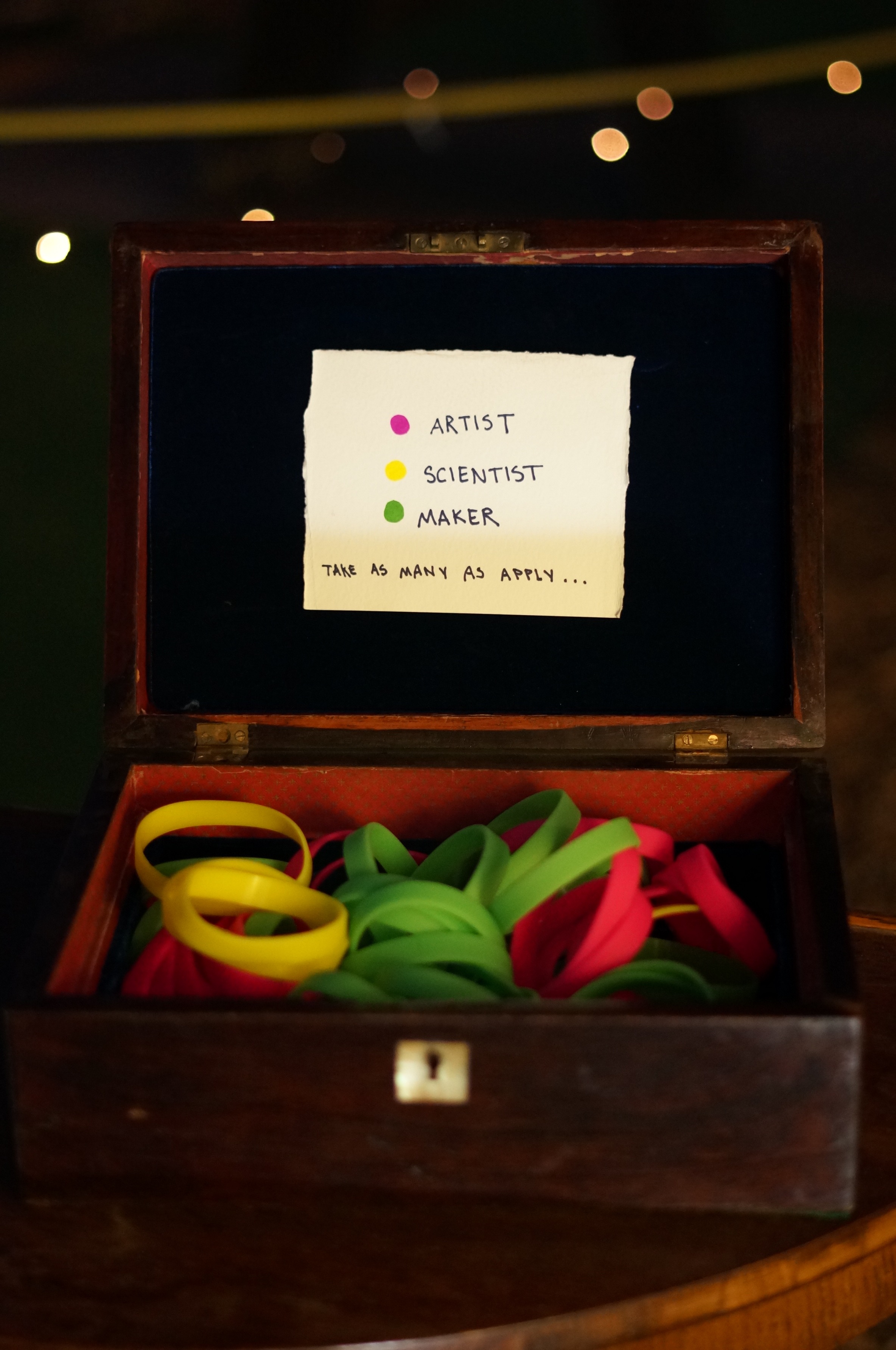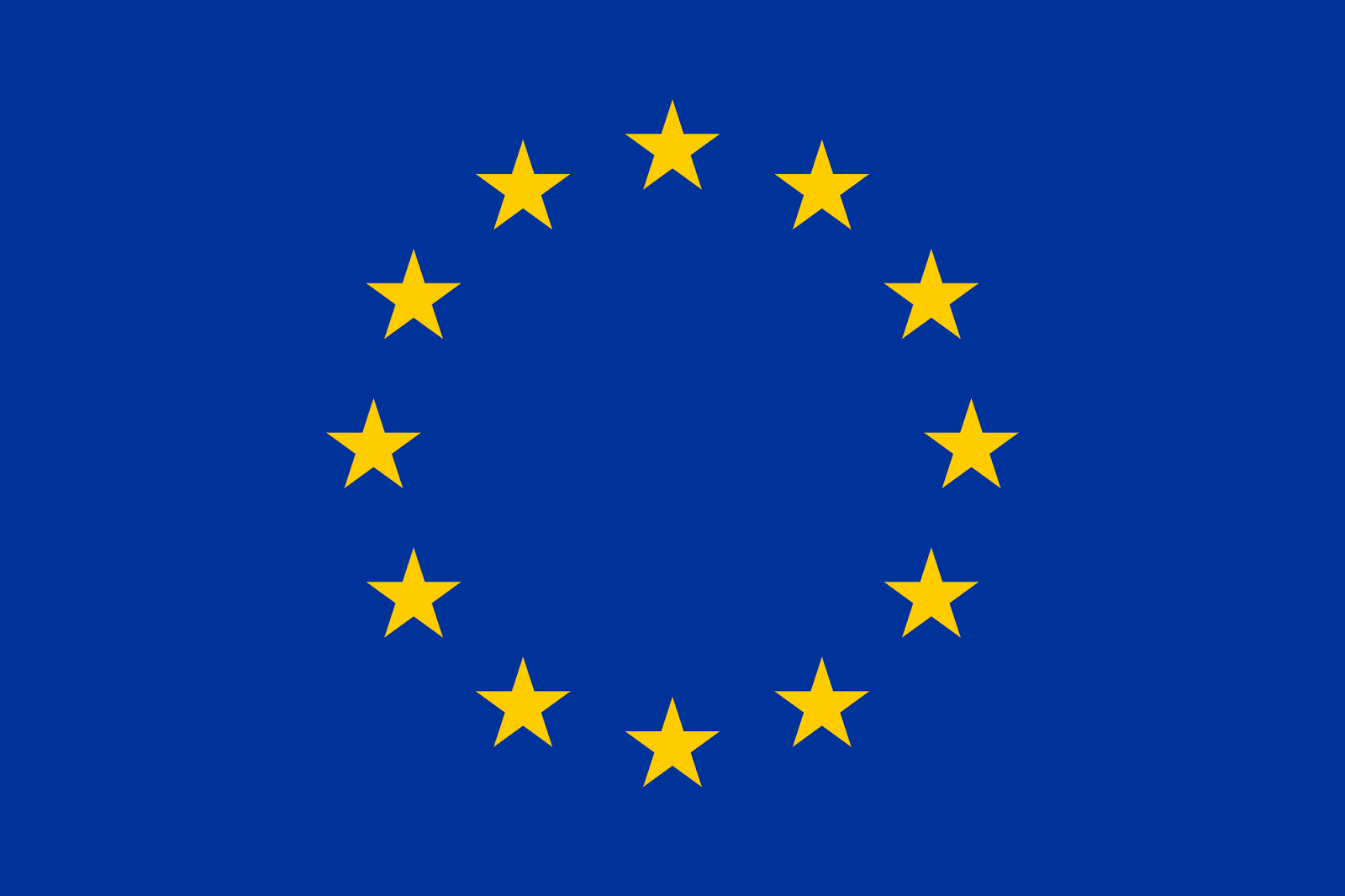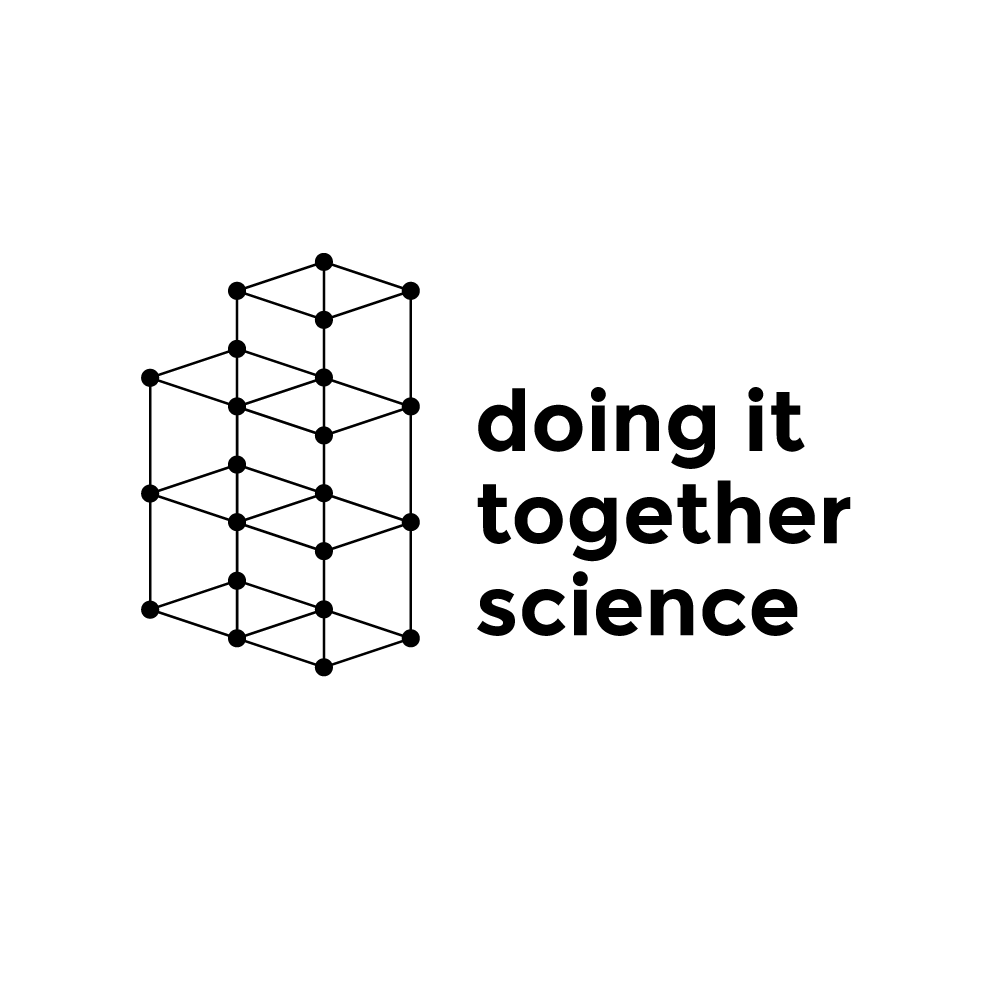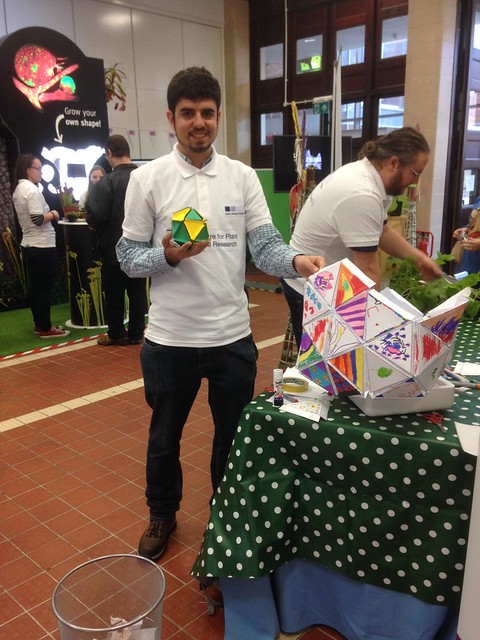09:00-16:00, Mar 16/17, 2017, The Hauser Forum, 3 Charles Babbage Rd, Cambridge CB3 0GT
These day-long workshops will introduce challenges and opportunities in the field of cell-free diagnostics, with talks from the OpenDiagnostics team, expert in the latest advances of this technology Keith Pardee (University of Toronto, Canada) and plant disease expert Dr Richard Echodu (Gulu University, Uganda). This will be followed by an interactive sandpit session, and lab practicals the following day.
Harnessing recent advances in synthetic biology, cell-free paper-based diagnostics offer a platform for low cost, easy-to-use, in-field testing systems for a wide range of possible specificities. Synthetic gene networks can be designed to generate quantifiable outputs, such as chromoproteins that lead to visual color changes, in the presence of specific input signals like heavy metal ions or viral RNA sequences. These DNA circuits can be freeze-dried onto paper, along with the cellular machinery used for gene transcription and translation. When rehydrated, a simple visible readout can be produced and little or no laboratory experience or infrastructure is required. Critically, the low cost of these strips (~0.1$/test) will enable access across low and middle income countries.
OpenDiagnostics is an interdisciplinary team of early career researchers with three aims: to prototype solutions to technical challenges in cell-free diagnostics, to investigate potential applications, and to connect scientific experts with stakeholders.
OpenDiagnostics Seminar
This morning workshop will introduce the challenges and opportunities uncovered by the team, with additional talks from the originator of the latest advances in the technology Keith Pardee (University of Toronto, Canada) and plant disease expert Dr Richard Echodu (Gulu University, Uganda).
OpenDiagnostics Sandpit
Get involved in tackling global health challenges using programmable biology! If you would be interested to help generate ideas and collaborate with OpenDiagnostics, you’re invited to join this interactive sandpit event. Interdisciplinary teams will tackle a range of technical challenges identified by OpenDiagnostics requiring expertise from across the natural sciences, engineering and computer science through to manufacturing, law and social sciences. Solutions may be put forward as funding proposals for the OpenPlant Fund call in July 2017, which offers £5k grants to interdisciplinary projects in synthetic biology.
Lab practicals (17th Mar)
Get hands on with designing logic circuits using DNA and programming cell extracts to produce colours or other reporters in response to a signal. Physicists, engineers, computer scientists and other non-biologists are particularly welcome to attend and explore new technologies that bring engineering thinking into biology. No prior experience required.
Tickets are free, however spaces are limited. To register, please click here.
Timetable
16th March 2017 Seminar and Sandpit sessions
9.00-9.20 Registration
9.20-10.40 About OpenDiagnostics
10.40-11.00 Refreshments
11.00-12.00 Expert talks
Richard Echodu on challenges and opportunities for crop disease diagnostics in Africa
Keith Pardee on cell-free synthetic diagnostics and portable, on-demand biomanufacturing
12.00-13.00 Lunch
13.00-14.45 Focus Groups
14.45-15.00 Refreshments
15.00-15.30 Presentation of OpenPlant Fund proposal ideas
15.30-16.00 Wrapping up and networking
17th March 2017 - Practicals
09:00-12:00 and 13:00-16:00, Department of Veterinary Science
There will be a day long practical session taking place at the University of Cambridge department of Veterinary Medicine on the 17th of March. Details for the venue to come.
Additional events
In addition to this event, there will also be an event titled: 'Programmable cell extracts - a new biomanufacturing paradigm' taking place at 18:30-9:00 on the 16th March at the Old Divinity School, St Johns College. The talk and dialogue will be followed by a wine reception and delicious finger buffet.
This event is bookable through e-sales on the university website (registration £5). Please click here for more information.
Tickets and Booking
Please note that if you wish to attend several of the available sessions, you can order tickets for multiple events through the registration option. However, if you wish to attend the sandpit session on the 16th March, you need to attend the seminar session first.
Tickets are free, however spaces are limited. To register, please click here.
More information about this event…

![[Closes 24 Nov 2107] Apply now to the OpenPlant Fund!](https://images.squarespace-cdn.com/content/v1/54a6bdb7e4b08424e69c93a1/1509564315902-TUO4I6QRWI9TT8UGSIAJ/OpenPlantTwitter_400x400+%281%29.jpg)

![[Closes 7 Mar 2017] OpenPlant Research Associate (Haseloff Lab)](https://images.squarespace-cdn.com/content/v1/54a6bdb7e4b08424e69c93a1/1486552818859-FH76MCA8SMFU93WB85RX/OpenPlantTwitter_400x400.jpg)

